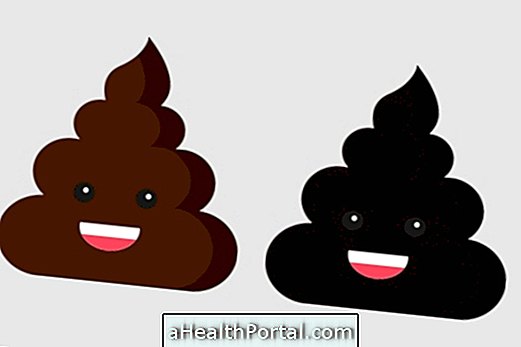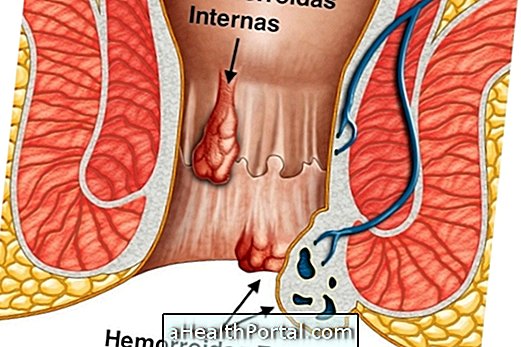Remedies for diarrhea decrease bowel movements, making the bowel have more time to absorb water from the stool. Thus, the stools become less liquid and it is possible to treat diarrhea. Some pharmacy options are:
- Loperamide : Diasec, Intestin, Imosec or Kaosec;
- Racecadotrila : Avide or Tiorfan.
These remedies should only be used with a medical indication, since it is important to know the cause of the diarrhea before taking them. Usually in the case of infection diarrhea, which causes severe fever and abdominal pain, this type of medication should not be used because it lowers the body's natural response to eliminate bacteria and microorganisms through the stool.
In addition, there are also probiotics, such as Floratil, Flomicin or Florent, which, even if not classified as antidiarrheals, help to restore intestinal flora and end diarrhea in a more natural way. This type of medication is perfect for those who are taking antibiotics, for example, because it replaces the bacteria eliminated by the antibiotic, avoiding bouts of diarrhea.
Check out further what to eat during a diarrhea crisis to improve the symptoms faster:

Remedies for Childhood Diarrhea
The most indicated remedies for diarrhea in children or the baby are mainly probiotics to help regulate the intestine like Floratil, for example.
Even so, these remedies should only be taken with indication of the pediatrician and, generally, to avoid dehydration it is also recommended to drink the oral serum from the pharmacy or to make homemade serum at home. Learn more details on how to treat diarrhea in your baby.
Home remedy for diarrhea
Home remedies for diarrhea are teas, juices, syrups or potatoes with foods or medicinal plants, which have properties that help to soothe the bowel and stop diarrhea.
Some good examples are:
- Chamomile tea;
- Apple syrup;
- Guava tea;
- Apple juice;
Here's how to make some of these home remedies with these simple home remedy for diarrhea prescription.
When to go to the doctor
It is advised to go to the doctor when the diarrhea has blood or pus and is accompanied by fever or vomiting.
In addition, it is also important to see the doctor if the diarrhea persists for more than 3 or 4 weeks because this is indicative of chronic diarrhea that may be caused by food intolerances or inflammatory bowel diseases such as Crohn's disease or diverticulitis, for example .


























